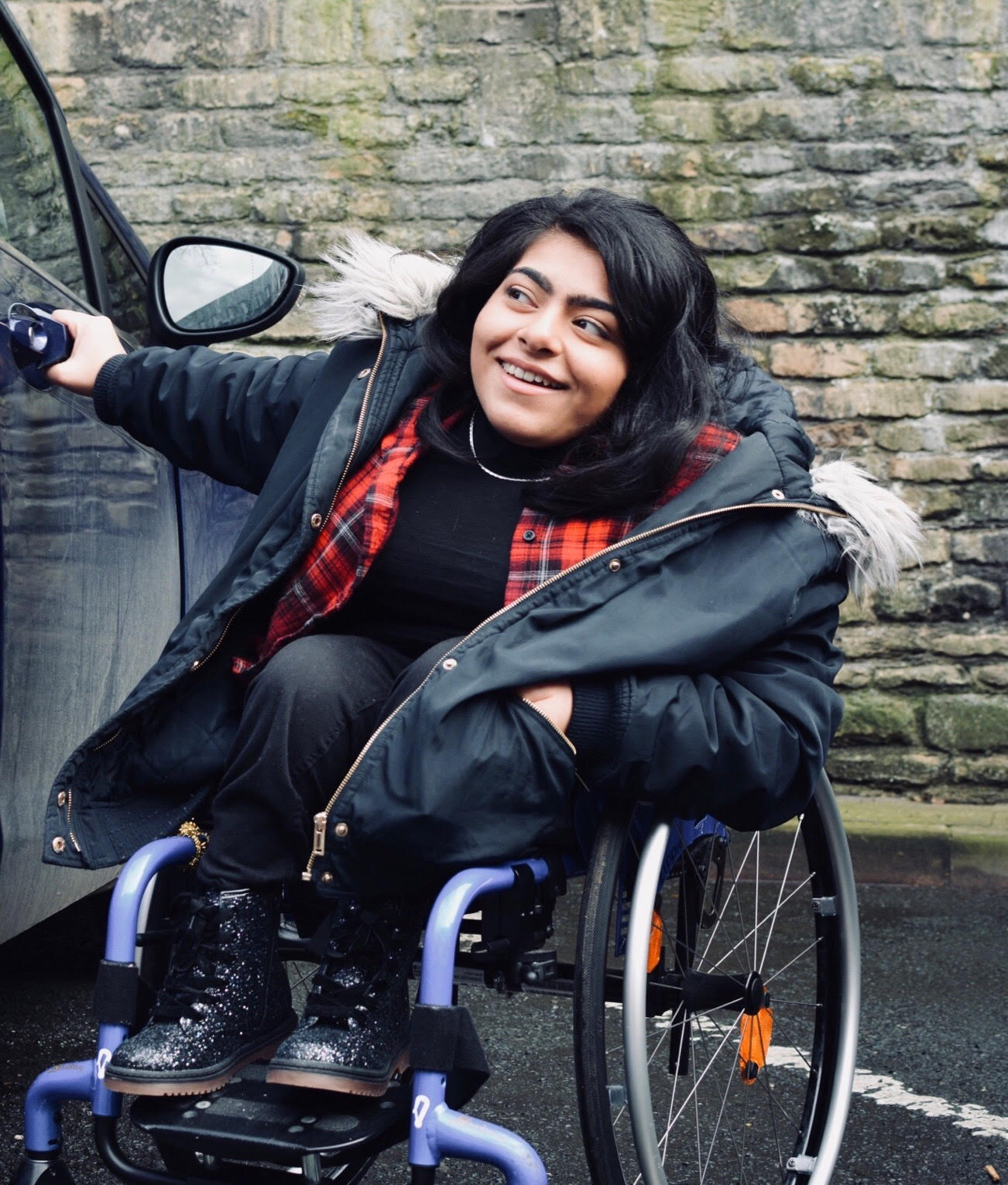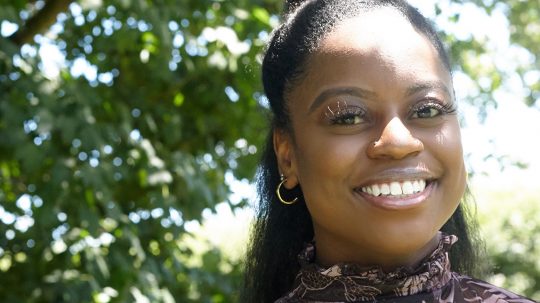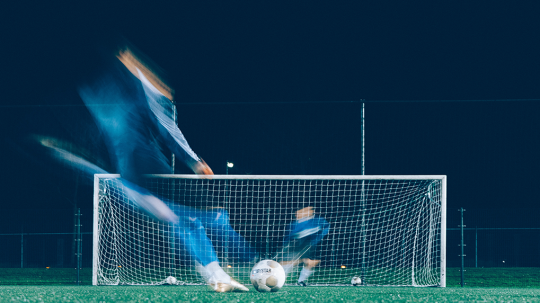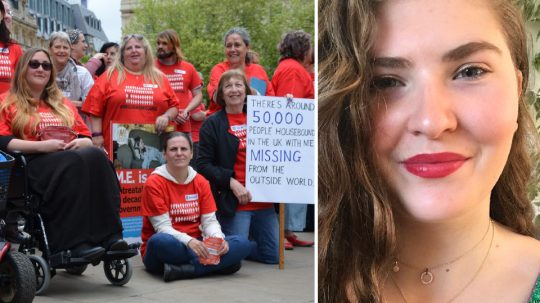Studying at university amid the pandemic restrictions is a challenging time for any student. But it can be even more stressful for those people who, like me, have grown up in care and lack the same strong family network for support.
Not having a strong family system can leave students facing more financial and emotional pressure. With Covid-19 guidelines now limiting face-to-face lectures, it is easy to become lonely.
Ashleigh Andrews, a 21-year-old care leaver studying Criminology at Bath Spa University, told me she had been feeling isolated amid the pandemic. Struggling with her mental health, she was due to receive counselling at her university, but it was cancelled due to the lockdown.
“I was lucky to have my fiancé with me through the whole of lockdown,” she said. “Which made it easier, but the fact that I didn’t really have any strong connections with family at that moment in time, made it a bit more difficult. I think there should be more communication between care leavers and local authorities.”
On reaching the age of 18, many care leavers find they are not offered the same amount of guidance, support and assistance they were previously. This has been referred to as the “care cliff” by Birmingham Selly Oak’s Labour MP, Steve McCabe.
The differing levels of support care leavers receive from local authorities in different parts of the country have been described as a “postcode lottery”. But all young people should be given consistent, fair opportunities to move on with their lives – such as through going to university.
University is known for its social side. This is something that all students will miss amid the Covid-19 restrictions, but care leavers especially.
“I do feel lonely at times,” said Shanay Riaz, a 19-year-old care leaver studying Working with Young People, Children and Families at Leeds Trinity University.
“My first year was amazing, I loved making friends and going out with them. This year, due to the restrictions there is far less to do socially. I can’t mix with as many people.”

According to government statistics only 6% of care leavers between the ages of 19-21 move onto higher education. Credit: Unsplash
According to government statistics only 6% of care leavers between the ages of 19-21 move onto higher education. However, those care leavers who do go onto higher education, are twice as likely to drop out than those who have not been in care.
Andy Elvin, chief executive of The Adolescent and Children’s Trust (Tact) said: “All students are having a hard time, especially first years who will not have established friendship groups. It will be tough to be locked down with a group of new people especially if they are receiving more support from their families than care leavers are likely to.”
One way in which this isolation among care-experienced adults can be addressed is through Tact’s alumni scheme, launched in April 2019. The scheme has secured four years’ funding from the National Lottery, which will be used to organise meet-ups, activities, and events. All of which will continue to take place virtually.
“Its aim is to support and empower our care leavers to connect with us, each other and their local community,” Elvin said. “At heart, it is about being the extended family that is always there to celebrate successes, share experiences and to lend a hand when things are not going so well.”
I have just completed a degree. Prior to the pandemic I enjoyed going into university and socialising with everyone.
It was a big part of my life. I was very honest about being a care leaver and never felt the need to hide it. At times, it could be tough emotionally as I didn’t have a strong family system to rely on like other students. However, I did talk to my foster mum a lot, if I ever had any worries.
Once we went into lockdown, I had to come to terms with lots of things. Like the fact that I was going to be completing my degree from home, and that it was unlikely for my graduation to take place in person.
My anxieties and worry began to grow bigger when I realised how the current global situation was going to affect the job market.
By listening to care leavers, we have the opportunity to improve the system and outcomes for the better.
Iqra Saeed
Being newly graduated makes it tough for employers to give you a chance. However, I feel that being a care leaver adds to that pressure. I feel as though I must prove that I can do well, as some may assume that care leavers cannot achieve anything in life.
In many areas of life – from being excluded from school to becoming homeless – the odds were stacked against care leavers before the pandemic arrived. Right now, the pandemic is at risk of making these inequalities even worse. But by listening to care leavers, we have the opportunity to improve the system and outcomes for the better.
The views expressed in this article are those of the author and do not necessarily reflect the views of EachOther.
About ‘The Inspired Source’ Series
This pilot series is part of our work to amplify the voices of aspiring writers that are underrepresented in the media and marginalised by society. Each piece examines a human rights issue the author or their community is affected by and preferably have a position on how we might begin to address it. This is a brand new series, so we are likely to adapt and refine it as things progress. Find out more about the series and how to send us a pitch on this page.





